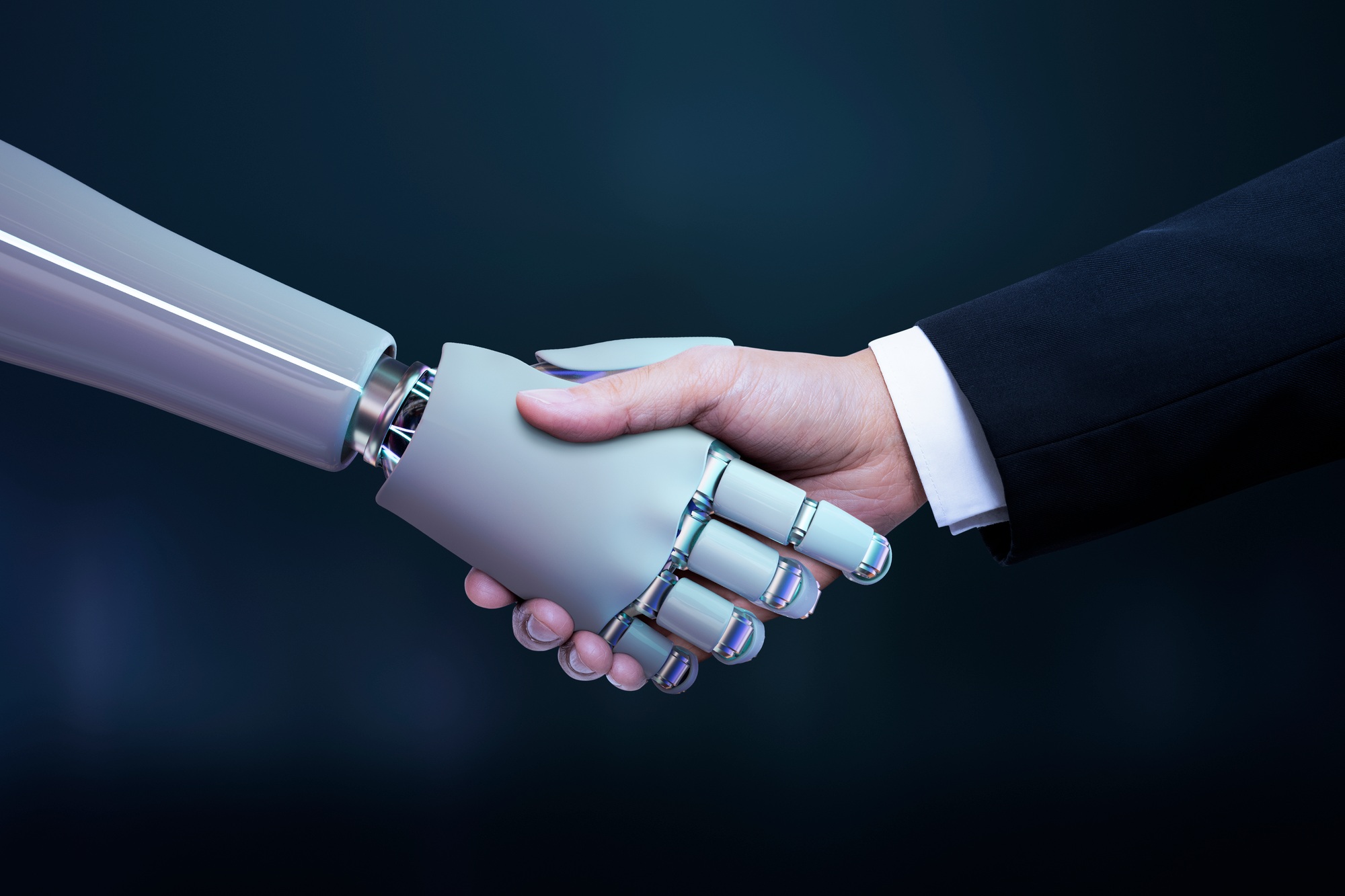
Artificial intelligence (AI) is reshaping industries across the board, and employee benefits and healthcare delivery are no exception. As organizations explore new ways to enhance efficiency, improve decision-making, and provide better experiences for employees, AI-driven solutions are quickly becoming a transformative force.
AI’s Role in Modern Benefits Programs
Employers are facing increasing pressure to optimize benefits offerings while managing costs. AI has the potential to make benefits administration more personalized, proactive, and effective. Here’s how:
1. Personalized Benefits Guidance
Traditional benefits selection can be overwhelming, with employees often struggling to understand their options. AI-powered virtual assistants and decision-support tools can simplify the process by analyzing individual employee data—such as health history, financial goals, and family needs—to recommend tailored benefits packages. This ensures employees choose the most relevant coverage for their situation.
2. Enhanced Benefits Administration
AI streamlines HR workflows by automating routine administrative tasks. From claims processing to benefits enrollment, AI-powered platforms reduce manual errors, cut down processing times, and free up HR teams to focus on strategic initiatives. Additionally, AI can help predict employee needs, offering insights into benefits utilization trends and suggesting adjustments to optimize offerings.
3. AI-Powered Employee Engagement
AI-driven chatbots and virtual assistants provide real-time answers to benefits-related questions, improving employee experience and reducing HR workload. These tools can also deliver personalized wellness recommendations, nudging employees toward healthier behaviors that align with their benefits plans.
Transforming Healthcare Delivery
AI is revolutionizing healthcare beyond just administrative efficiencies. Its impact is extending into patient care, diagnostics, and cost management, leading to improved outcomes for both employees and employers.
1. Predictive Analytics for Better Health Outcomes
AI can analyze vast amounts of medical and claims data to identify trends, flag potential health risks, and even predict future medical conditions. This allows for early intervention, helping employees manage chronic conditions and reducing long-term healthcare costs.
2. Virtual Health Assistants and Telemedicine
AI-driven virtual health assistants and telemedicine platforms are making healthcare more accessible and convenient. Employees can receive medical advice, schedule appointments, and even monitor chronic conditions through AI-powered applications—reducing the need for in-person visits while improving healthcare access.
3. Cost Management and Fraud Prevention
AI is helping organizations manage rising healthcare costs by identifying inefficiencies, detecting billing errors, and preventing fraud. Advanced algorithms can analyze claims data to ensure fair pricing, detect anomalies, and provide insights to negotiate better rates with providers.
What’s Next for AI in Employee Benefits and Healthcare?
As AI continues to evolve, its role in benefits administration and healthcare delivery will only expand. Employers must stay informed about emerging AI solutions and evaluate how these innovations can improve their benefits strategies. While AI won’t replace the need for human decision-making, it will serve as a powerful tool to enhance efficiency, personalize experiences, and drive better health outcomes for employees.
The future of benefits and healthcare is increasingly AI-driven. Organizations that embrace these technologies now will be well-positioned to offer competitive, cost-effective, and employee-friendly programs in the years to come.

